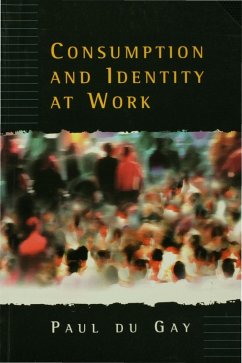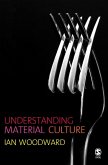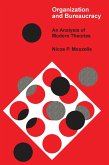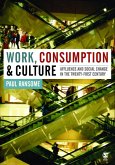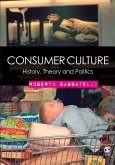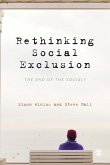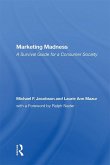The realms of consumption have typically been seen to be distinct from those of work and production. This book examines how contemporary rhetorics and discourses of organizational change are breaking down such distinctions - with significant implications for the construction of subjectivities and identities at work.
In particular, Paul du Gay shows how the capacities and predispositions required of consumers and those required of employees are increasingly difficult to distinguish. Both consumers and employees are represented as autonomous, responsible, calculating individuals. They are constituted as such in the language of consumer cultures and the all-pervasive discourses of enterprise whereby persons are required to be entrepreneurs of the self, at work, at play and in all aspects of their lives.
The first part of the book explores certain limitations in traditional approaches to the analysis of work identity. It presents an alternative, discursive framework in which to address contemporary `re-imaginings' of organizational life within the `cult(ure)' of the consumer. Part Two develops the analysis by looking at an arena where the blurring of the boundaries between work and consumption identities is most pronounced - retailing. The author builds a sophisticated picture of how discourses of reform take hold in particular contexts, how they construct particular subject positions for employees to occupy, and how employees negotiate these identities in their everyday working lives. He concludes by considering the ethical and other issues of `setting limits to enterprise'.
In particular, Paul du Gay shows how the capacities and predispositions required of consumers and those required of employees are increasingly difficult to distinguish. Both consumers and employees are represented as autonomous, responsible, calculating individuals. They are constituted as such in the language of consumer cultures and the all-pervasive discourses of enterprise whereby persons are required to be entrepreneurs of the self, at work, at play and in all aspects of their lives.
The first part of the book explores certain limitations in traditional approaches to the analysis of work identity. It presents an alternative, discursive framework in which to address contemporary `re-imaginings' of organizational life within the `cult(ure)' of the consumer. Part Two develops the analysis by looking at an arena where the blurring of the boundaries between work and consumption identities is most pronounced - retailing. The author builds a sophisticated picture of how discourses of reform take hold in particular contexts, how they construct particular subject positions for employees to occupy, and how employees negotiate these identities in their everyday working lives. He concludes by considering the ethical and other issues of `setting limits to enterprise'.
Dieser Download kann aus rechtlichen Gründen nur mit Rechnungsadresse in A, D ausgeliefert werden.
`In a significant contribution to social theory and a fascinating ethnography of work in retailing, Paul du Gay combines approaches from cultural studies and the sociology of work and management to illuminate a key aspect of modern life' - Stephen Hill, London School of Economics and Political Science
`The book fizzes with all sorts of interesting ideas.... In Chapter 7, du Gay also offers a very thought-provoking account of the dynamics of conflict within contemporary organisations.... The book has numerous other strengths. It is clearly written and contains good summaries of some theoretical debates which will be useful in teaching (for example, the lucid summary of some of the key elements of post-structuralist thought in Chapter 2).... there is no doubt that du Gay has defined a distinctive perspective on work and identity which will command attention and that he offers numerous important insights into the changing nature of paid employment in contemporary Britain' - Work, Employment and Society
`The book fizzes with all sorts of interesting ideas.... In Chapter 7, du Gay also offers a very thought-provoking account of the dynamics of conflict within contemporary organisations.... The book has numerous other strengths. It is clearly written and contains good summaries of some theoretical debates which will be useful in teaching (for example, the lucid summary of some of the key elements of post-structuralist thought in Chapter 2).... there is no doubt that du Gay has defined a distinctive perspective on work and identity which will command attention and that he offers numerous important insights into the changing nature of paid employment in contemporary Britain' - Work, Employment and Society

